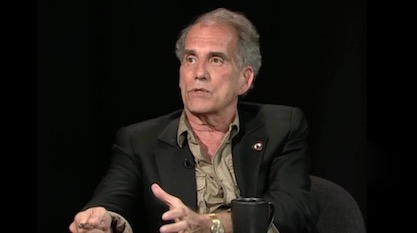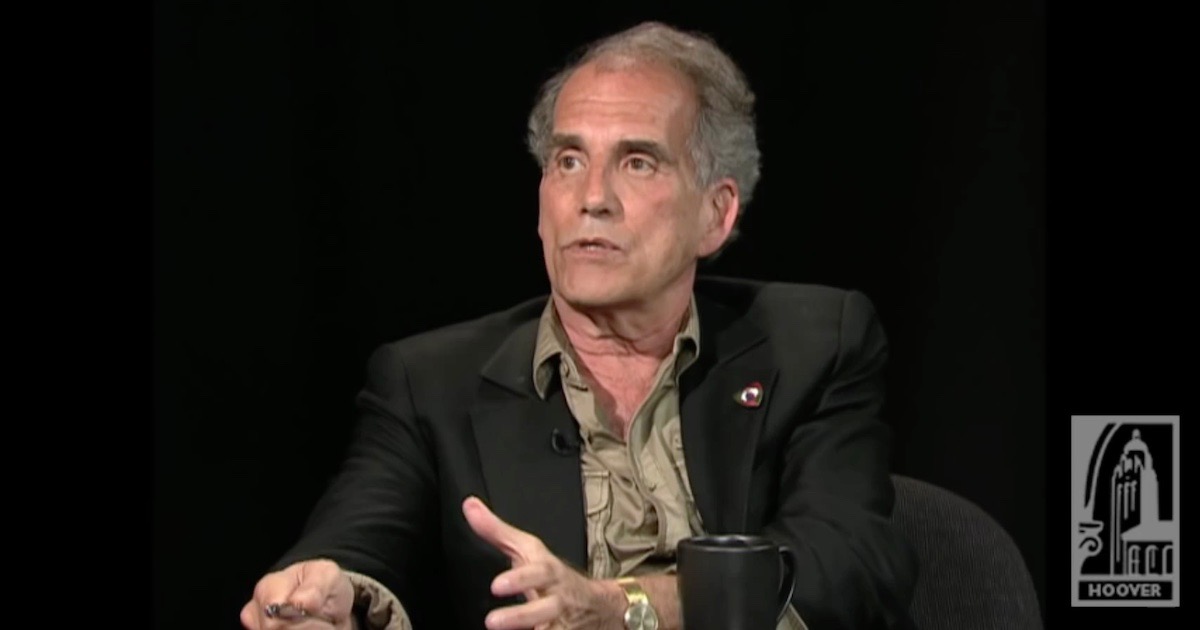 Education
Education
 Evolution
Evolution
 Intelligent Design
Intelligent Design
Calling for Critical Thinking on Science, Darwinist Cites David Berlinski


I’ve mentioned here before that the trend in science education is to emphasize the practices of scientific inquiry. That sounds great. But time after time, evolution is notably excluded from critical examination. Here is another illustration of this dynamic.
It’s a post at the Sci-Ed blog from PLOS, by Professor Mike Klymkowsky of the Molecular, Cellular and Developmental Biology Department, University of Colorado Boulder. He argues against the “common wisdom that popularizing science by exposing the public to scientific ideas is an unalloyed good.” He even criticizes the premise of Neil deGrasse Tyson’s recent best-seller Astrophysics for People in a Hurry, without mentioning the atheist author by name, namely that science can seriously be taken aboard “in a hurry.” Instead, Klymkowsky says:
[I]t is necessary to train as large a percentage of the population as possible to be their own science referees — that is, to understand how science works, and to identify baloney when it is slung at them. When a science popularizer, whether for well meaning or self-serving reasons, steps beyond their expertise, we need to call them out of bounds!
That’s all music to my ears. Equipping people to be “their own science referees” is a large part of the mission of the intelligent design movement. Yet Klymkowsky is clearly an ardent evolutionist, and dismisses critiques and alternatives to Darwinian theory. He laments that students are “vulnerable” to ID arguments, and harrumphs that, “The issue with creationism/Intelligent Designers is that their view explains nothing, predicts nothing, and is just not useful for a working scientist; it is distraction that can so easily refuted that it is waste of time to consider it.”
Interestingly, he quotes a Discovery Institute Senior Fellow, David Berlinski, author of The Deniable Darwin, on the public’s willingness to accept whatever the “scientists” say. I guess that was inadvertent. More on it in a moment.
Last year, I responded to Klymkowsky on the subject of teaching the controversy over evolution, an approach that, intriguingly, he endorses — with a twist. Here’s what his original article stated:
So how can education adapt to help students and the general public develop a more realistic understanding of how science works? To my mind, teaching the controversy is a particularly attractive strategy, on the assumption that teachers have a strong grounding in the discipline they are teaching, something that many science degree programs do not achieve, as discussed below. For example, a common attack against evolutionary mechanisms relies on a failure to grasp the power of variation, arising from stochastic processes (mutation), coupled to the power of natural, social, and sexual selection. There is clear evidence that people find stochastic processes difficult to understand and accept [see Garvin-Doxas & Klymkowsky & Fooled by Randomness]. An instructor who is not aware of the educational challenges associated with grasping stochastic processes, including those central to evolutionary change, risks the same hurdles that led pre-molecular biologists to reject natural selection and turn to more “directed” processes, such as orthogenesis [see Bowler: The eclipse of Darwinism & Wikipedia]. Presumably students are even more vulnerable to intelligent-design creationist arguments centered around probabilities.
Of course, as noted previously, his variation on teaching the controversy is not the approach I would advocate.
In the more recent post he asks, “Is a little science a dangerous thing?” and discusses how science is actually quite hard to learn. He points out that it is a problem that the public is easily wowed by experts and pretty pictures. He further argues for realistic expectations in science standards. Here is what he says about public perceptions of science (he does not mention evolution):
In the area of popularizing scientific ideas, we have allowed hype and over-simplification to capture the flag. To quote from an article by David Berlinski [link: Godzooks], we are continuously bombarded with a range of pronouncements about new scientific observations or conclusions and there is often a “willingness to believe what some scientists say without wondering whether what they say is true”, or even what it actually means. No longer is the in-depth, and often difficult and tentative explanation conveyed, rather the focus is on the flashy conclusion (independent of its plausibility). [Emphasis added.]
It seems that he does not know that Berlinski is an evolution critic, who has written, “The theory of evolution is the great white elephant of contemporary thought. It is large, almost entirely useless, and the object of superstitious awe.” Yet it’s exactly such a credulous, superstitious attitude on the part of the public that Klymkowsky seeks to advocate against. If he had spent a moment researching Berlinski, he might have noted the irony.
Having noted it, what, then, would he do? Take the time to seriously, critically consider Berlinski’s arguments? Or simply delete Berlinski from his post? You are free to speculate. I won’t, except to observe that, as we’ve seen before, when it comes to applying skepticism and critical thinking, proponents of Darwinian evolution are curiously eager to grant their theory a pass.
Photo: David Berlinski, “Atheism and its Scientific Pretensions,” via YouTube/Hoover Institution.
